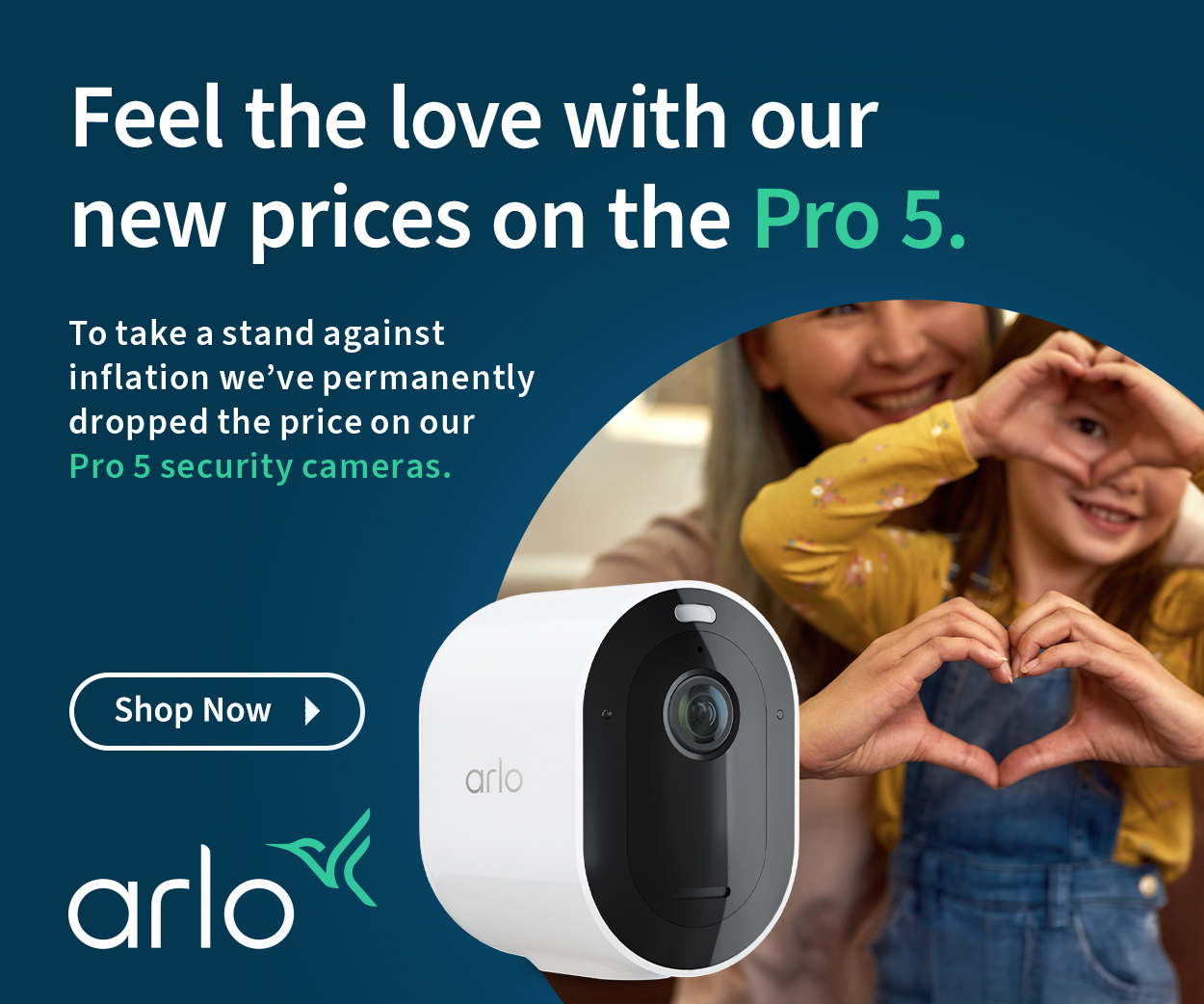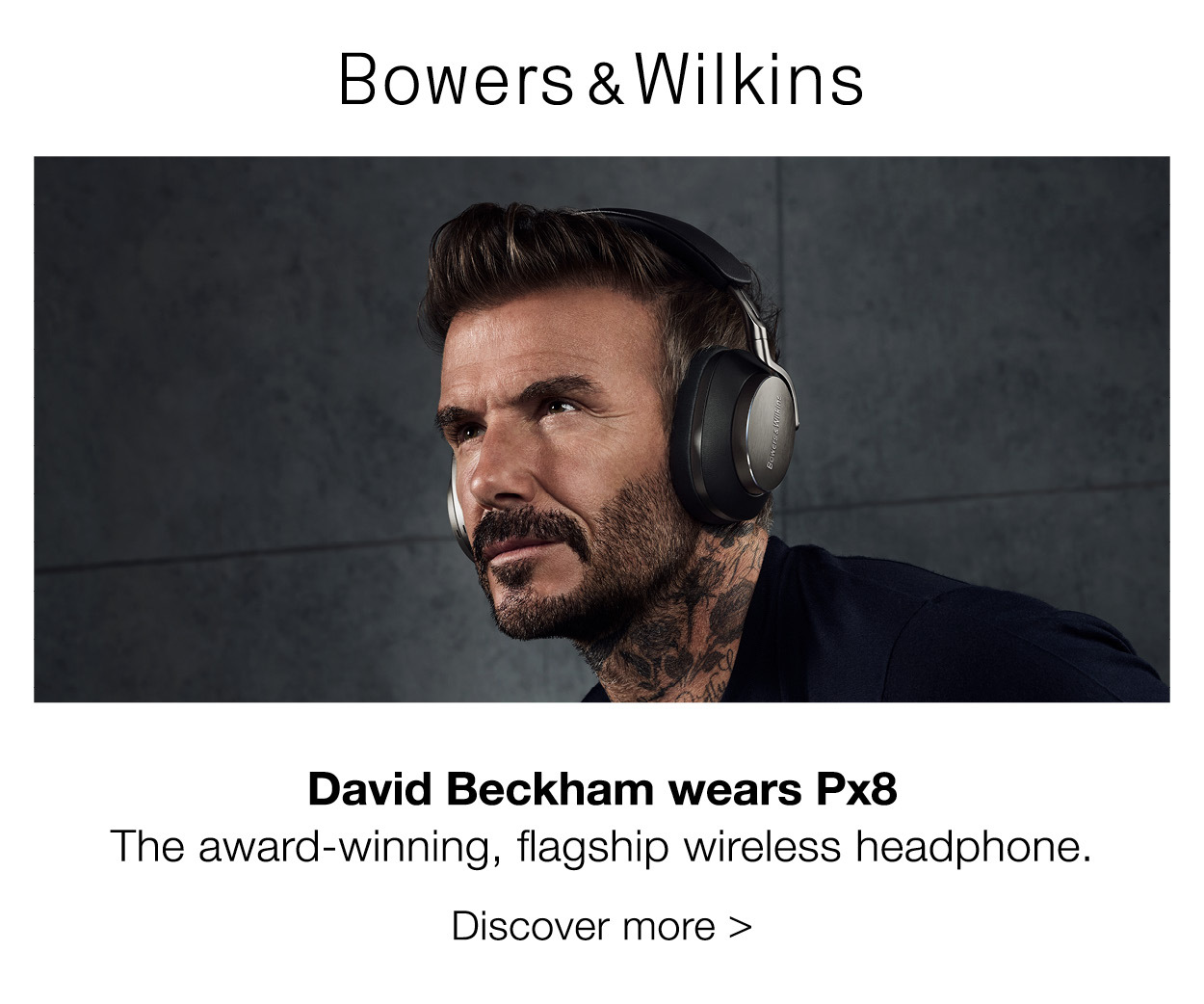Australia’s most and least trusted brands 2023 – tech does not fare well (Trust series)

The 2023 Roy Morgan report on Australia’s most and least trusted brands shows that tech brands do not fare well.

Bunnings is #1. Roy Morgan CEO Michele Levine explains.
‘Bunnings is a brand with a vast reservoir of goodwill and reputational strength fed by dramatically more trust than distrust. It has harnessed many foundational pillars of a trusted brand, including great customer service, communicating and delivering what it stands for, being an active part of the community, and solving customers’ problems with expertise and product knowledge.’
Woolworths decline to #2 (was #1) was largely fuelled by its position on the Voice and a woke Australia Day merchandise policy. The lesson – big business should resist the temptation to try to influence political debate and dictate policy. Similarly, shoppers showed their angst by shopping elsewhere. Woolworth’s share price took a nosedive and Aldi (#3), Coles (#5), and IGA/Independent had increasing market share accordingly.
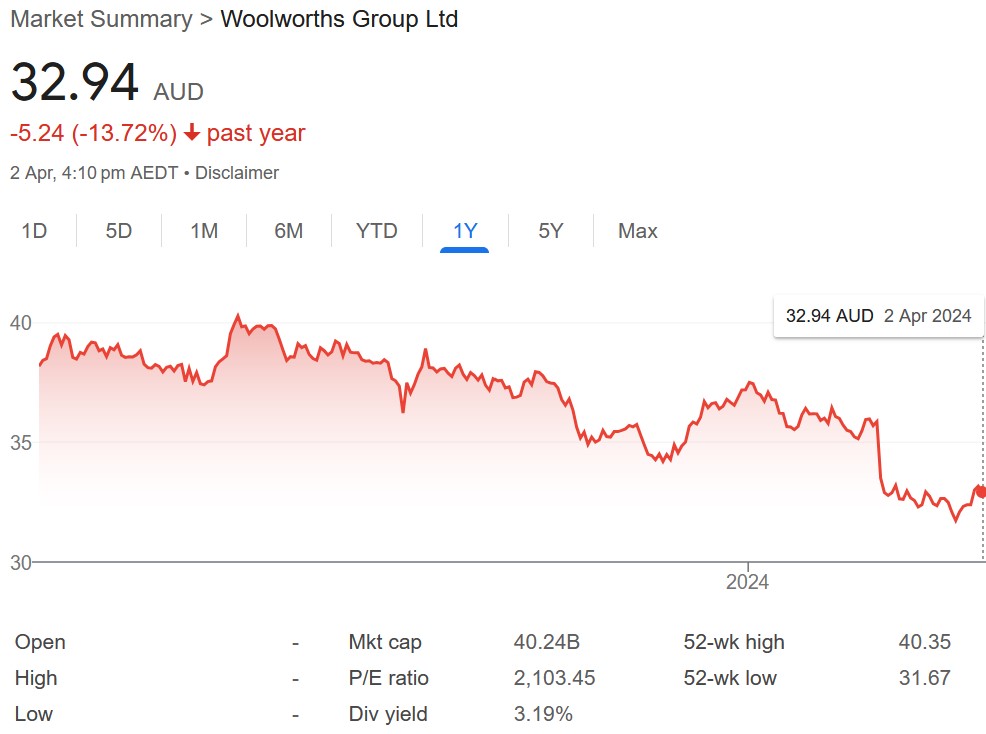
Apple (#6) remains the only tech stock in the top ten trusted brands. This is surprising as Apple has a very high incidence of complaints in the NSW Department of Fair Trading Complaints Register about quality and repairability.
Brands we do not trust – tech does not fare well
Optus, at #1, is still the least trusted brand. Why? Because even the humongous 2022 data breach and November 2023 system-wide meltdown could not further damage its placement. Before that, it gained ground as the only real alternative to Tel$tra.
Similarly, Meta at #2 (Facebook, Instagram, WhatsApp) could not do any more harm if it tried. Australians are finally realising that Mark Zuckerberg is an evil alien intent on world domination by gobbling up every piece of our data. Its abandonment of Australian news media and whistle-blower Frances Haugen’s damning evidence of AI manipulation did not help either. The #Delete Facebook movement gathered strength.
Qantas at #3 (was #4) is a textbook example of what not to do to earn trust. Don’t sell seats on flights you know will be cancelled. Don’t sack staff who thought they had a job for life. And don’t screw the flying public to allow the CEO to walk away with a $21.4 million ‘get out of here quick before you do more damage’ bonus. Its share price took a real hammering – from $6.78 to $4.67 on that news. Qantas gets a 1-star Trustpilot rating.
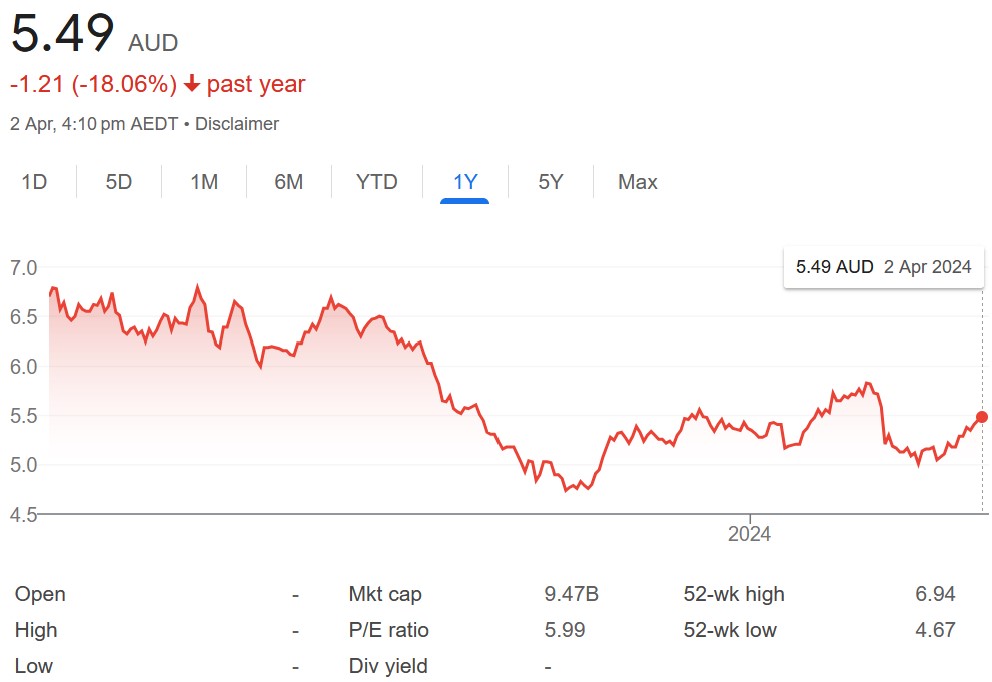
Telstra at #4 (was #3). All you need to do is search ‘Why do people hate Telstra’ to see why we don’t trust it. Like Qantas, many Australians will never, ever do business with that company again. It only gets a one-star Trustpilot rating because you cannot award zero stars.
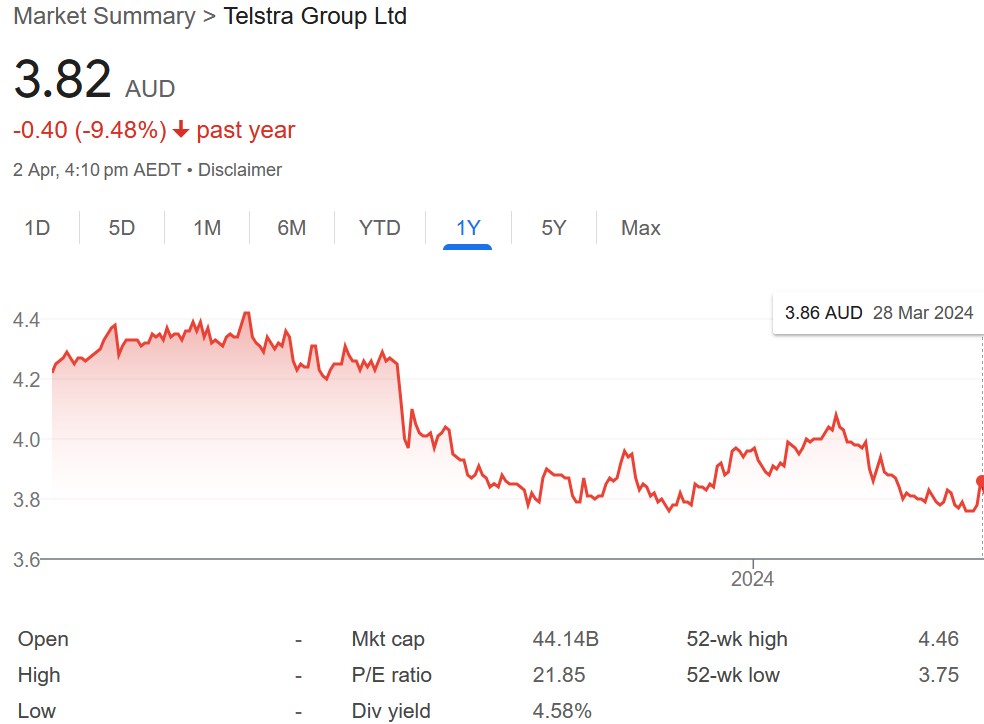
News Corp at #5 reflects a long-held ‘grudge’ against Rupert Murdock and his global conservative views. It may come as no surprise that this perception is massively fuelled by socialist-leaning think tanks and Chinese government-sponsored influencers. Bottom line – Conservatives like News Corp publications and Socialists like the ABC.
continued
Amazon at #7 reflects Australia’s distrust of the world’s largest online retailer. And well, perhaps a well-orchestrated campaign by eBay to ‘shop’ local. More importantly, the news of how Amazon artificially influences prices and extracts more from its shoppers using its AI and knowledge about you negatively influences trust. Shock, horror – fake reviews cost as little as 25 cents each, puts a dent in Amazon’s credibility. Since June 2023, Amazon has had a higher incidence of registered complaints in the NSW Complaints register.
TikTok at #8 (was #9). It reflects the realisation that TikTok is dangerous – a drug, subversive and spyware and TikTok is finally banned on Australian Government and Agency smartphones. This Chinese-owned platform is possibly more dangerous than Facebook et al. The US has passed a bill to ban TikTok unless the Chinese developer ByteDance sells to a company US citizens can trust.
X (formerly Twitter) at #9 (was #8) is more about the antics of its eccentric owner, Elon Musk.
Nestle at #10 reflects global criticism of the Swiss company’s labour practices, water usage, marketing tactics, and plastic pollution. However, it tries to source ethically and be sustainable. Ultimately, judging its ‘goodness’ depends on your ethics and which social media you follow.
Some least-trusted brands in 2022 have made it off the list.
To get off the naughty list and achieve a trusted rating in a year represents a huge turnaround in public perception. Harvey Norman was #6, and Google was #7 are now on the trust side.
Harvey Norman was a poster boy for service issues at the NSW Complaints Register. Since early 2022, there has been a dramatic reduction in complaints, most of which were about the quality of the goods (which HN does not make). It tangibly worked on customer satisfaction areas like the speed of refunds and quality of service.
Google has an amazing Australian turnaround – it is seen as reliable, safe, and has a social conscience. Google powers over 80% of global smartphones and 92% of search engine traffic. You must remember that its lowest trust ranking was in 2022, at the height of the COVID-19 pandemic, a messy CEO divorce, and Google having to make some hard decisions on labour, products, and costs to survive.
What is trust?
Trust is an ‘emotional’ brain state where we have confidence that the company/person we are dealing with will ‘do the right thing’ (and that too depends on your definition) regardless of its impact on them. If a company loses our trust, it is hard to regain it.
Australians allocate trust based on:
- Do the company’s actions pass the ‘pub test’? Is it right? Is it good for all?
- Do you frequently read about a company’s issues?
- Are its leaders sincere and likable?
- Do their products and services meet acceptable standards?
- How do they respond to adversity, such as a media breach, ACCC, or ACMA fine?
- Do you feel comfortable dealing with the company or have reasons to avoid it (past experience)?
In a tech sense, trust in companies will also come down to their handling of personal data. We expect Western-based tech companies to behave according to Western societal norms. These include safeguarding our data, paying taxes, being fair and equal opportunity employers, and acting ethically. Plus, there are more laws like the European GDPR (General Data Protection Rules), Australia’s Privacy Laws, and US Privacy provisions to protect us.
Non-western companies are not generally trusted
Westerners are less likely to trust non-Western companies citing foreign government mistrust. Issues driving this include:
- Russia/Ukraine war/Nukes/atrocities.
- Israel/Hamas and the broader implications of war in the Middle East.
- China spy balloons, China/Taiwan sovereignty, China/Hong Kong riots (and a complete loss of international tourists), China/Uyghur Muslims, China/South Pacific/Solomons expansion, China/Ownership of Australian assets and infrastructure, China/Australia trade relations.
- North Korea’s Nukes and unpredictable leadership.
So, Chinese companies that have become global brands, such as Temu, Huawei, ZTE, TikTok, Tencent, Alibaba, WeChat, Weibo, Xiaomi, Baidu, DiDi Global, and more, are far less trusted by Westerners. These companies work under very different societal and political norms. The big mistake is expecting them to behave like Western companies.
CyberShack’s view – The results of Australia’s most and least trusted brands in 2023 are to be expected
While Roy Morgan interviewed nearly 30,000 people covering hundreds of brands, this only tells us that certain larger companies passed the pub test.
But it misses the undue influence social media plays on trust or totally wrecking it.
CyberShack believes that Privacy is the biggest issue facing humankind and that it will have the biggest impact on trust in the future.
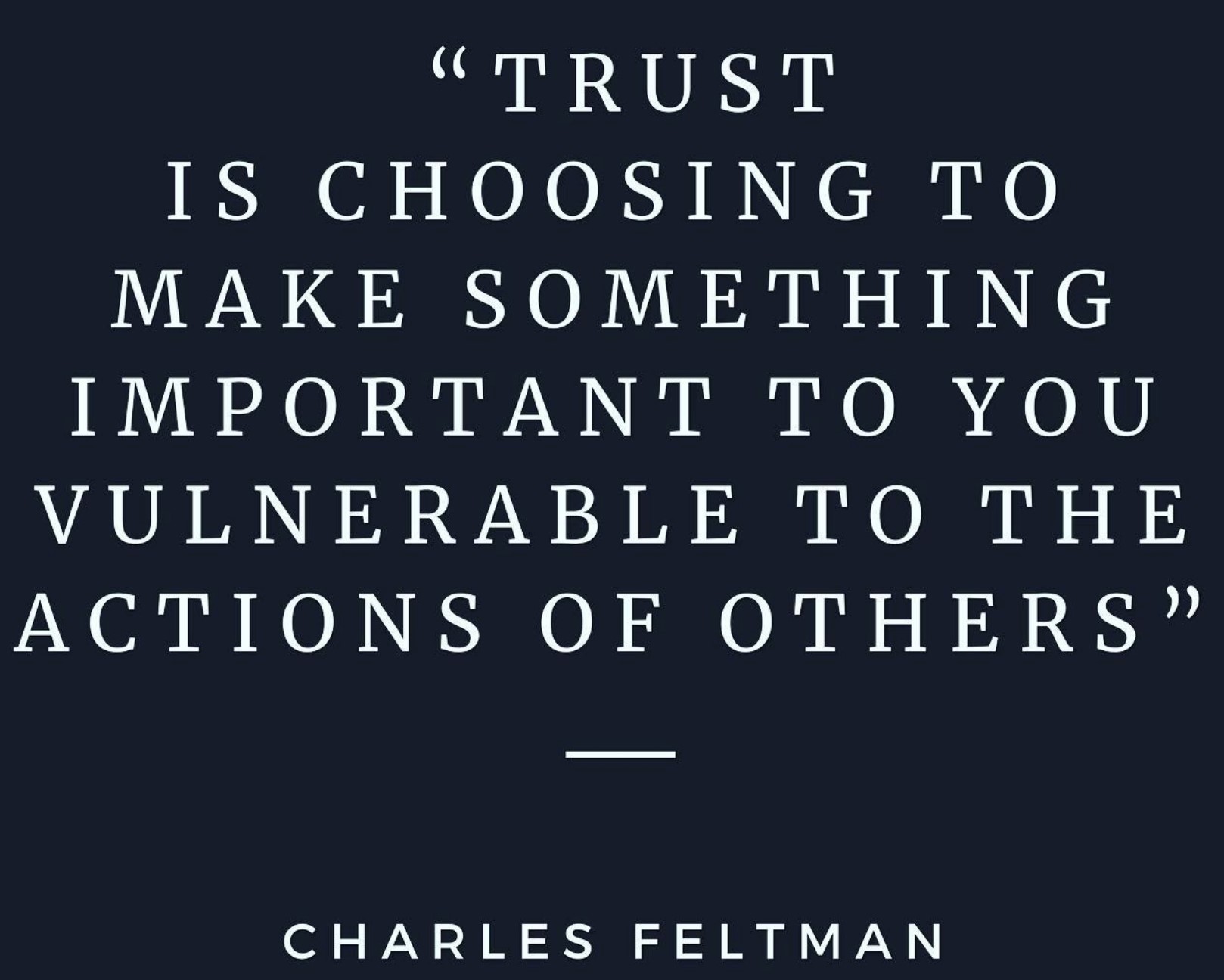
trusted brands 2023, trusted brands 2023

